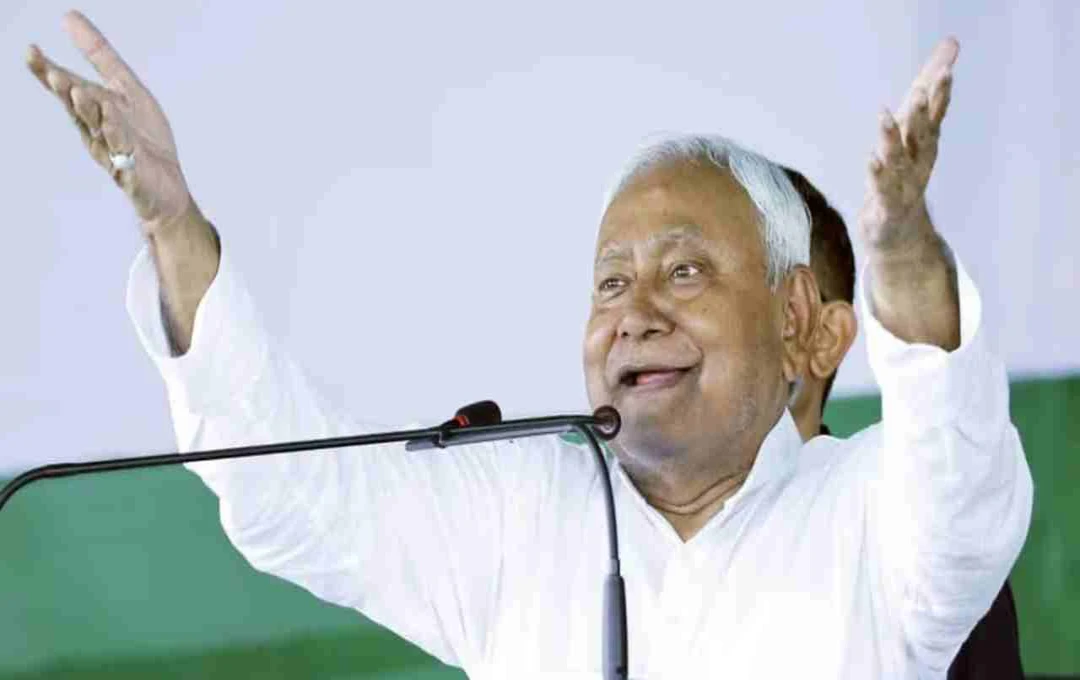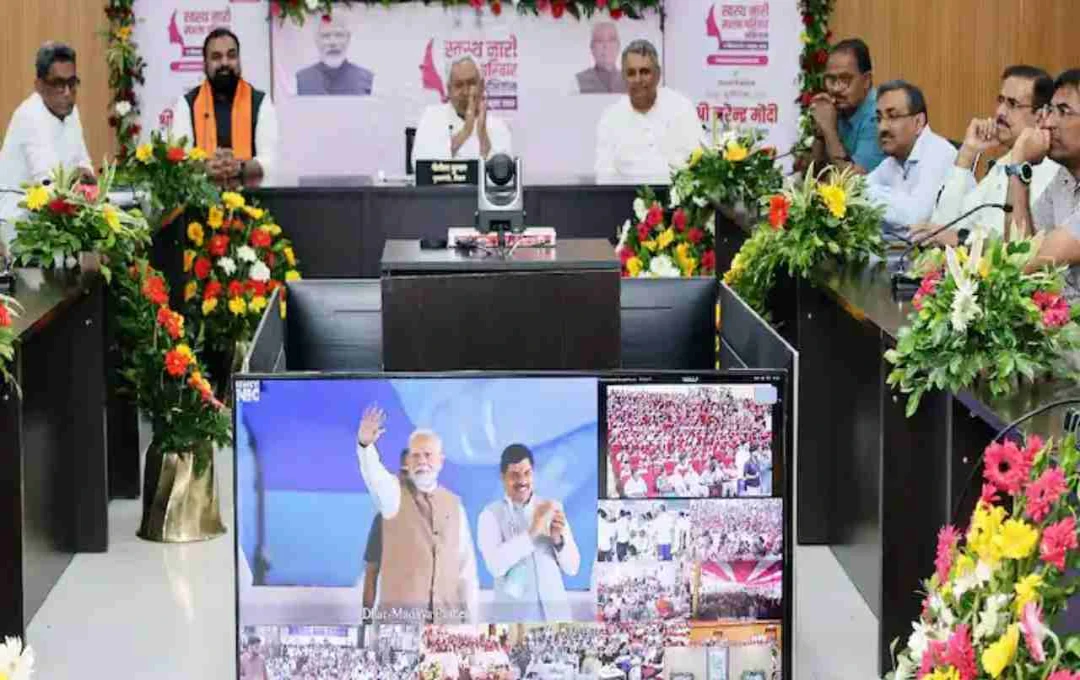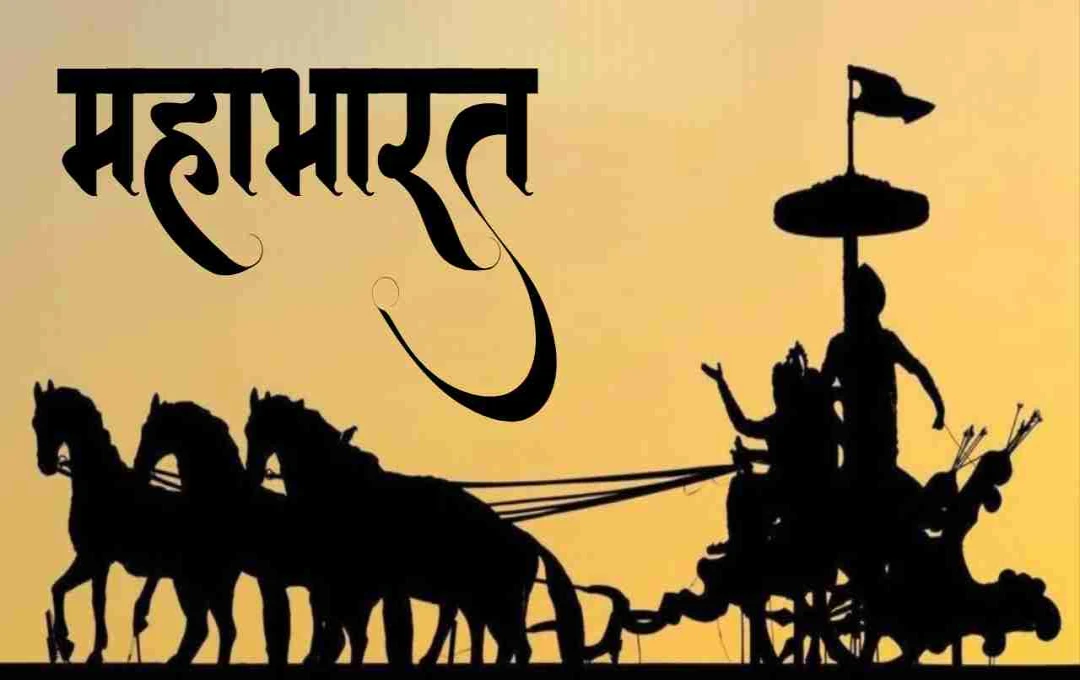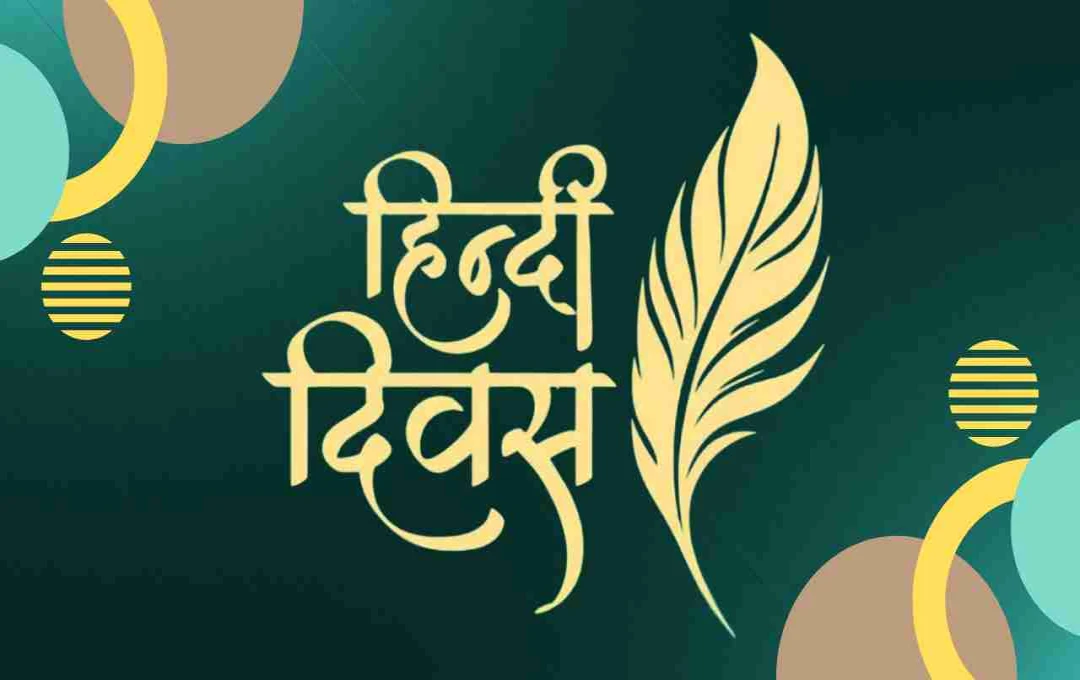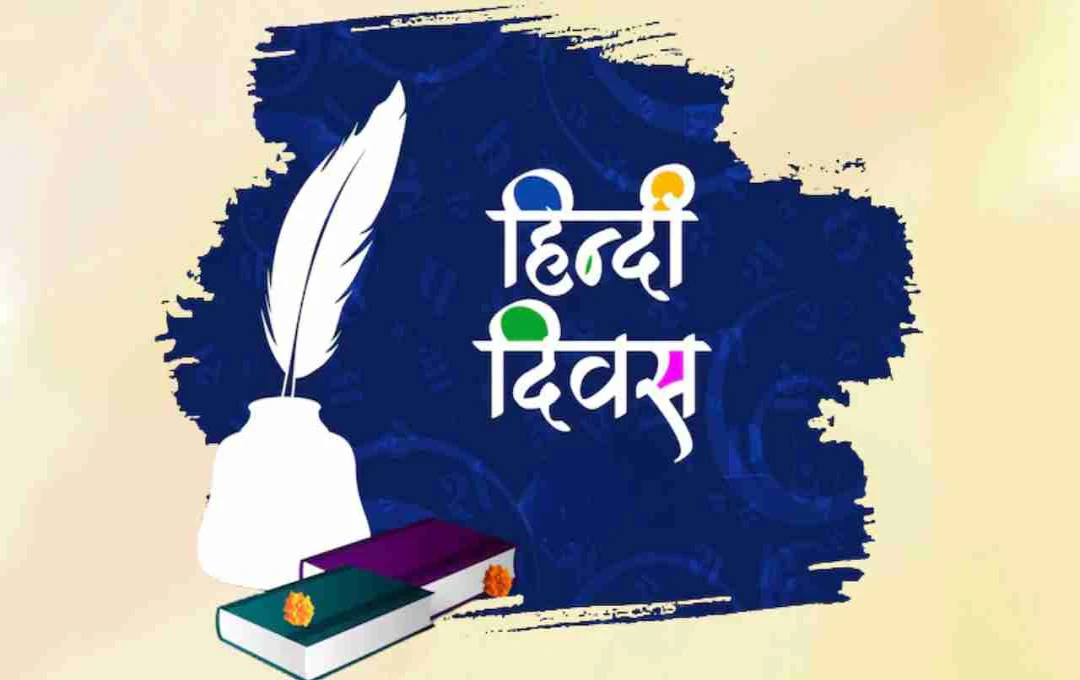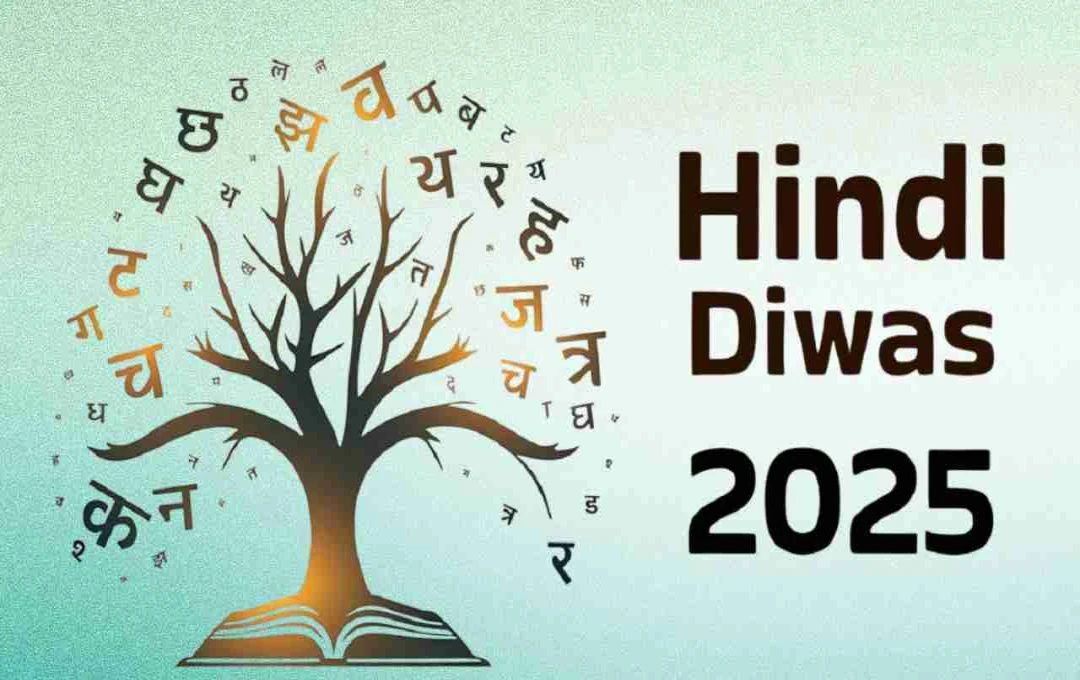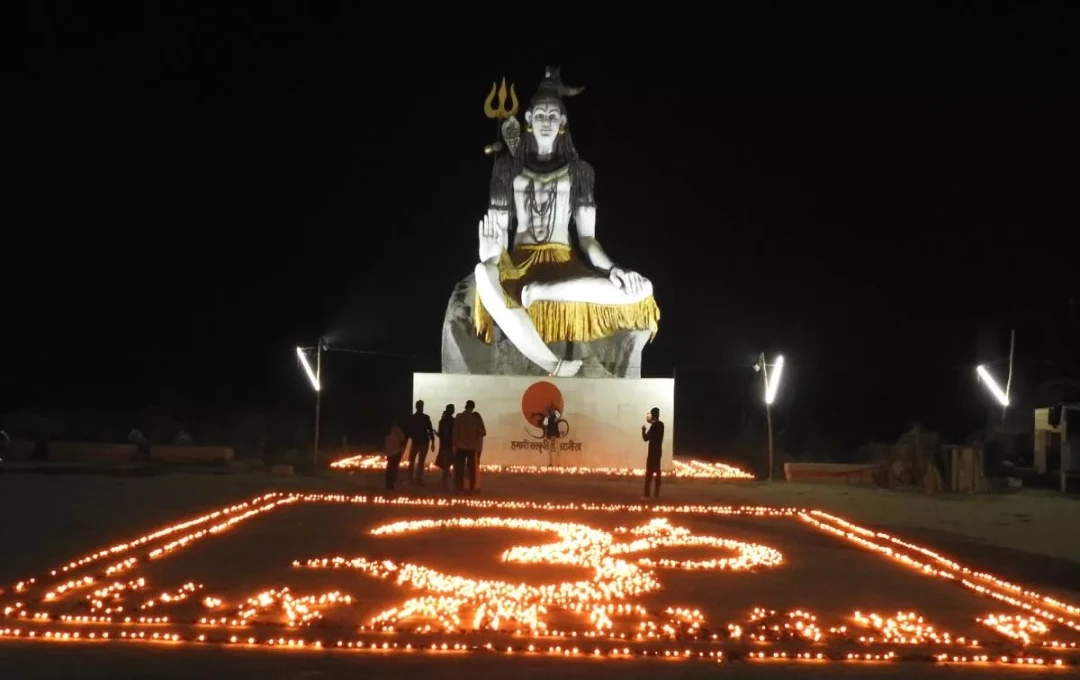Nirjala Ekadashi is considered a highly auspicious and challenging fast in Hinduism, observed this year on June 18, 2025. This Ekadashi falls on the Shukla Paksha (bright fortnight) of the Jyeshtha month and involves a complete fast without water for the entire day. It is believed that observing this single fast yields the same benefits as observing all the Ekadashis throughout the year. This article explores the mythological story behind Nirjala Ekadashi, its ritualistic practices, religious and scientific significance, its relevance in modern life, and how this fast can lead to spiritual growth.
Introduction to Nirjala Ekadashi
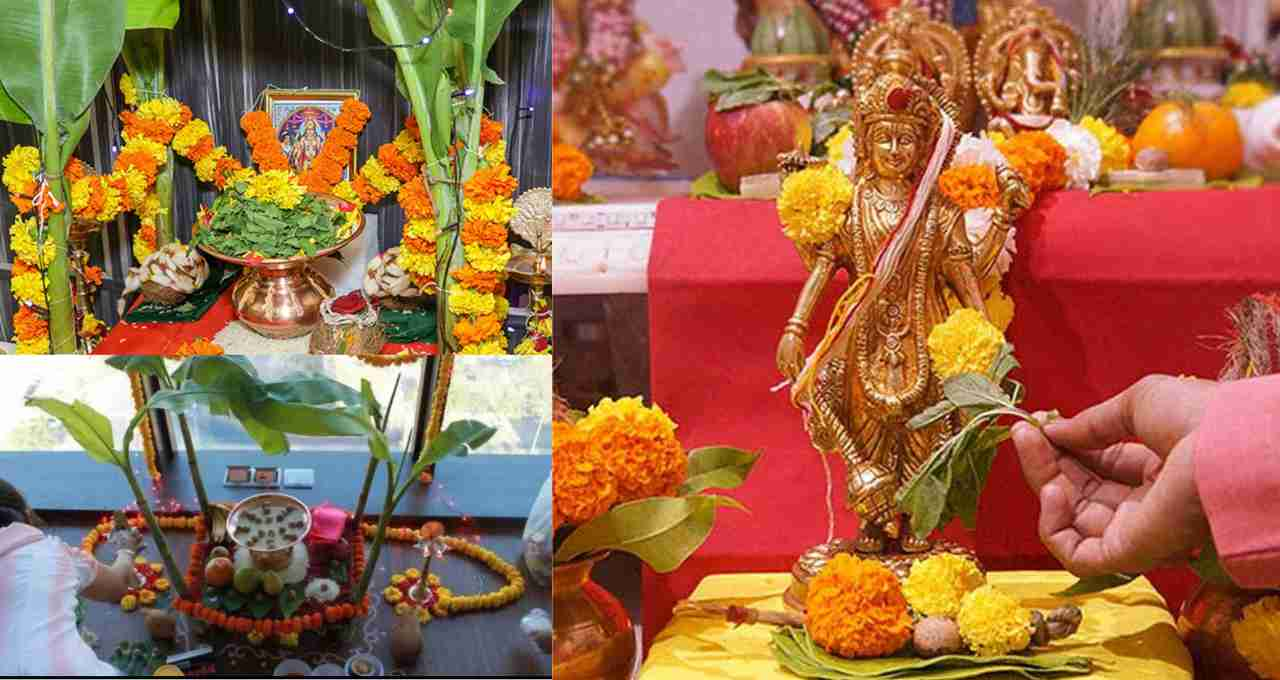
Nirjala Ekadashi is considered the most significant and challenging of all Ekadashis. This fast is observed without consuming even water; hence, it is called 'Nirjala' (waterless). It is also known as Bhima Ekadashi, as per mythological belief, Bhima, one of the Pandavas, was the first to observe this fast.
Observing the Nirjala Ekadashi fast is believed to eliminate all sins and lead to liberation (moksha). This fast is not only a path to self-purification but also a means of self-discipline and spiritual advancement.
Mythological Story: The Dialogue Between Bhima and Maharshi Vyasa
According to a story from the Mahabharata, Bhima, though powerful, could not fast even for a single day without food. His four brothers – Yudhisthira, Arjuna, Nakula, and Sahadeva – devoutly observed all Ekadashi fasts.
One day, Bhima asked Maharshi Vyasa if there was a way to obtain the fruits of all yearly Ekadashis at once. Vyasa then suggested that he observe the Nirjala Ekadashi fast, which involves abstaining from even water for a day.
Bhima bravely undertook this fast, and since then, it has also been called 'Bhima Ekadashi.' This Ekadashi is considered a symbol of self-control and devotion to Lord Vishnu.
Ritualistic Practices: How to Observe Nirjala Ekadashi
The Nirjala Ekadashi fast is undoubtedly challenging, but its rituals, when performed with devotion and faith, seem simple. On this day, rise before sunrise, take a sacred bath, and make a resolve to observe the fast.
Fasting Rituals
After making the resolve, abstain from both water and food for the entire day.
Perform puja (worship) of Lord Vishnu throughout the day.
Recite the Vishnu Sahasranama, the Bhagavad Gita, or chant the mantra "Om Namo Bhagavate Vasudevaya".
Continue the fast throughout the night (staying awake is considered more meritorious).
Break the fast after sunrise on Dwadashi Tithi (the twelfth lunar day) and consume water.
If, due to health reasons, someone cannot observe a complete waterless fast, they can observe a fruitarian fast or a fast with only water, but it should be performed with the same devotion.
Religious Significance of Nirjala Ekadashi
Ekadashi holds special significance in Hinduism. According to the Puranas, observing the Ekadashi fast destroys all sins and makes one eligible for Lord Vishnu's grace. However, Nirjala Ekadashi is unique among all Ekadashis.
Key Benefits of this Fast
One obtains the merit of all Ekadashis observed throughout the year.
Sins are destroyed, and one attains moksha after death.
Mental and spiritual purification takes place.
One is liberated from diseases, fears, and troubles.
Charity performed on this day holds special significance. Donating water, food, clothes, and umbrellas brings immense merit.
Scientific Perspective on Nirjala Fast
While religiously significant, there are also scientific reasons behind this fast. Fasting helps flush out harmful substances accumulated in the body and allows the digestive system to rest, thereby improving health.
Benefits of Nirjala Fast
Strengthens the body's hydration mechanism.
Develops self-control.
Improves mental concentration.
Maintaining restraint and meditation throughout the day brings mental peace.
However, this fast is not suitable for physically weak, ill, elderly individuals, or pregnant women. Such individuals should only undertake this fast after consulting a doctor.
Special Beliefs Associated with Nirjala Ekadashi
It is believed that a person who observes this fast receives a better life in future births.
Taking a bath in the Ganges, visiting pilgrimage sites, and donating water to the poor multiplies the merit manyfold.


